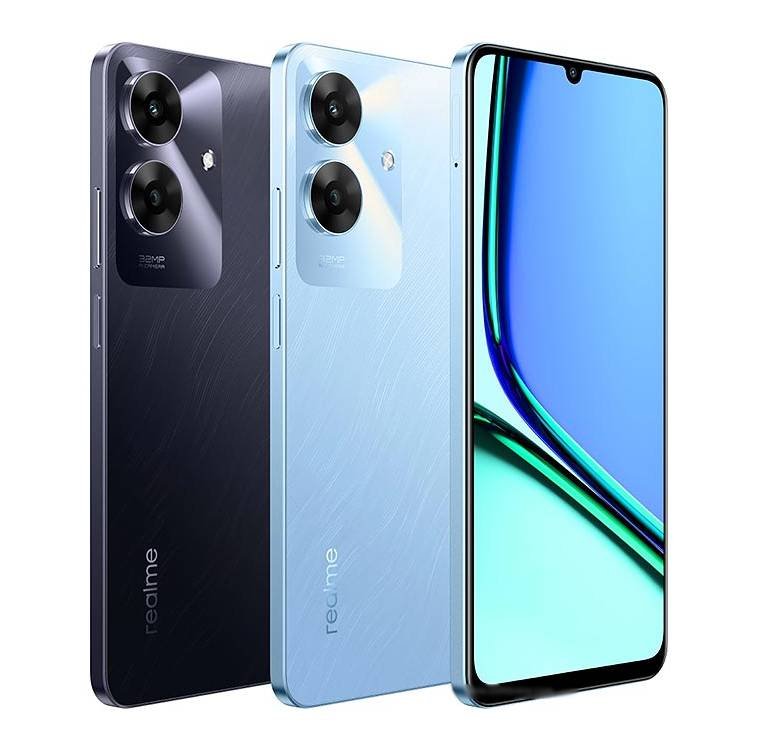The Role of CRM in Boosting Travel Agency Sales Customer Experience
In today’s fast-paced travel industry, staying ahead of the competition and fostering long-lasting relationships with customers is crucial for travel agency. One of the most effective tools for achieving this is a Travel Customer Relationship Management system.
CRM systems have evolved into much more than just a way to store customer data they offer powerful insights and tools to enhance customer engagement, streamline operations, and ultimately boost sales. In this article, we’ll explore the pivotal role of CRM in driving sales for travel agencies and how it can be a game-changer in this competitive sector.
Understanding the Importance of CRM in Travel
The travel industry thrives on customer satisfaction, personalized experiences, and seamless communication. With travel options becoming increasingly diverse and customer preferences more fragmented, it has become critical for agencies to have a deep understanding of their customers. This is where a robust CRM system comes in.
A CRM system provides a centralized platform for storing customer data, travel preferences, past interactions, and buying behaviors. It helps travel agents tailor their services and communications to each customer, increasing the likelihood of repeat business and customer loyalty. By having a 360-degree view of the customer, agencies can craft personalized itineraries and experiences, which leads to higher customer satisfaction and, ultimately, more sales.
Enhanced Customer Engagement and Personalization
In the travel business, personalization is key to winning over customers. Whether a customer is looking for a luxurious honeymoon or a budget-friendly family vacation, the ability to present tailored options can significantly increase the chances of closing a sale. A CRM system allows travel agencies to collect and analyze data on customer preferences, travel history, and budget constraints.
This data enables travel agents to deliver targeted promotions and offers that resonate with specific customer segments. For instance, if a customer previously booked a beach resort, the agency can use CRM data to offer similar experiences for their next vacation, enhancing the relevance of their offers and improving the overall customer experience. Personalization like this boosts customer engagement and increases conversion rates.
Streamlining Communication and Marketing Campaigns
Effective communication is the backbone of any successful travel agency. Travel CRM systems come equipped with automated email marketing tools, which make it easier for agencies to maintain regular contact with customers. Instead of sending generic messages, CRM systems enable agencies to create segmented email lists based on customer preferences, location, or travel habits.
Efficient Lead Management and Conversion
A CRM system helps travel agencies manage leads efficiently, tracking them through each stage of the sales funnel. From the initial inquiry to the final booking, CRM software ensures that no potential customer slips through the cracks. Travel CRM Agencies can categorize leads based on their level of interest, assign follow-up tasks to sales teams, and set reminders for key actions.
By automating these processes, travel agencies can focus on nurturing high-value leads and improving their conversion rates. Additionally, CRM systems often provide insights into which sales tactics are most effective, helping agencies refine their approach and maximize sales opportunities. This streamlined lead management process ensures that travel agents can focus their energy on converting the most promising leads into loyal customers.
Maximizing Sales Opportunities Through Upselling and Cross-Selling
Travel agencies can leverage CRM systems to identify opportunities for upselling and cross-selling, which are critical strategies for boosting sales. By analyzing customer data, CRM tools can help agents recommend complementary services, such as travel insurance, hotel upgrades, or exclusive excursions, based on a customer’s preferences or previous bookings.
For instance, if a customer has booked a flight to Paris, the CRM system can suggest additional services such as guided tours, car rentals, or even restaurant reservations. These upselling and cross-selling tactics not only increase the agency’s revenue per booking but also enhance the customer’s overall experience by offering value-added services.
Improving Customer Retention and Loyalty Programs
Customer retention is often more cost-effective than acquiring new customers, and CRM systems play a pivotal role in fostering customer loyalty. By tracking customer interactions and preferences over time, travel agencies can offer loyalty programs or special promotions to repeat clients.
Providing Insights Through Analytics and Reporting
A significant advantage of using a CRM system is its ability to generate insightful analytics and reports. Travel agencies can gain valuable data on customer trends, sales performance, and campaign effectiveness. With these insights, agencies can make data-driven decisions to optimize their sales strategies, marketing efforts, and service offerings.
For example, CRM analytics can reveal which destinations are the most popular among different customer segments, allowing agencies to focus their marketing on high-demand areas. Similarly, agencies can analyze the success of their promotional campaigns to identify which ones generate the most bookings and which need improvement. This data-driven approach helps travel agencies refine their strategies, allocate resources more efficiently, and ultimately increase sales.
Building Long-Term Customer Relationships
The ultimate goal of a travel agency is not just to make a one-time sale but to build long-term relationships with customers. CRM systems are instrumental in helping agencies achieve this by offering tools to maintain consistent communication, provide personalized services, and reward loyalty.
Conclusion
In a highly competitive market, travel agencies must leverage every available tool to boost their sales and stay ahead of the competition. A CRM system is not just a tool for managing customer data, it’s a powerful asset that enables agencies to deliver personalized services, improve communication, streamline operations, and increase sales opportunities.
By adopting CRM technology, travel CRM Services can enhance customer experiences, improve lead management, and build lasting relationships that drive long-term success. Investing in the right CRM solution is no longer an option but a necessity for any travel agency that aims to thrive in today’s dynamic travel landscape.






